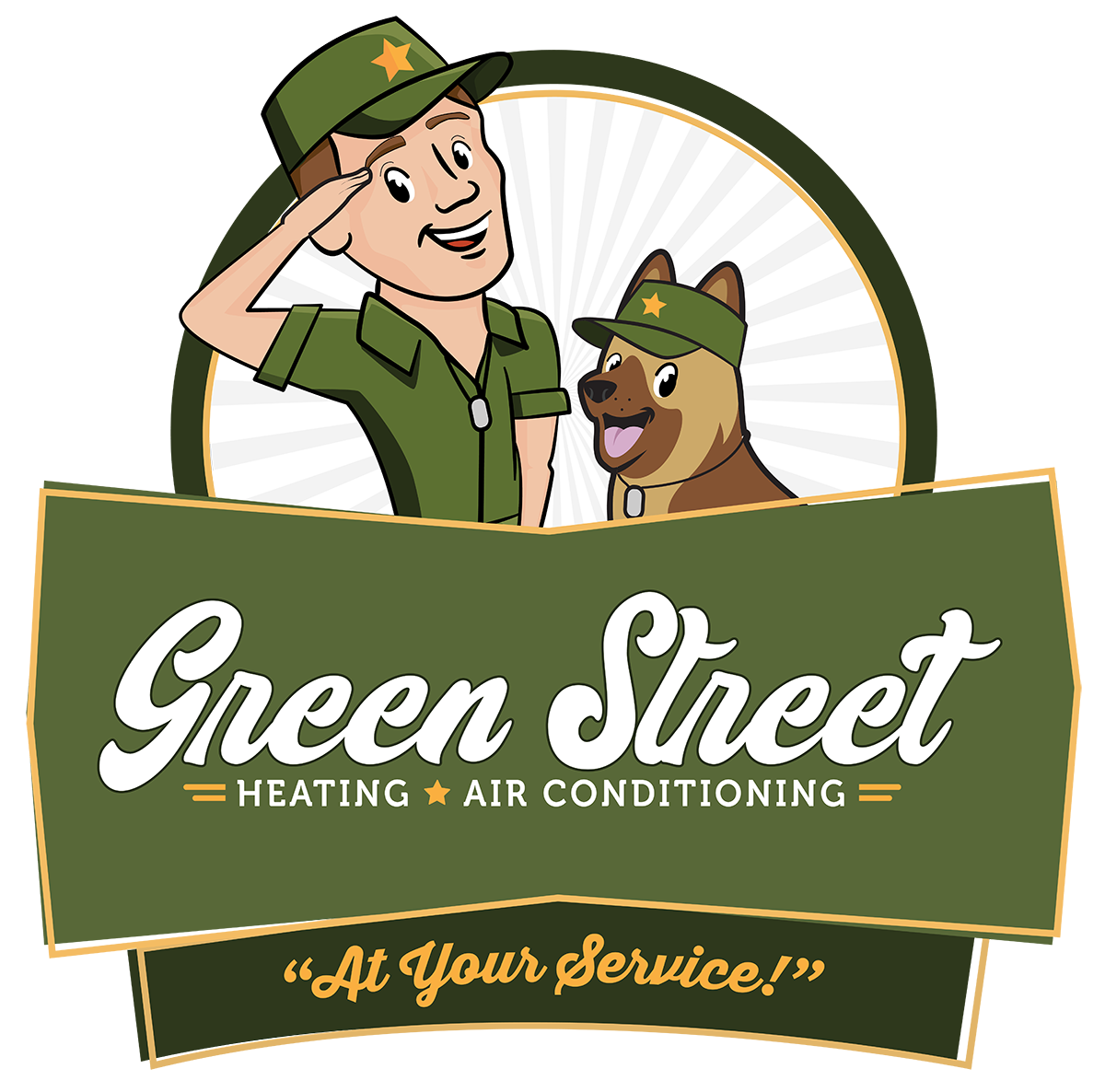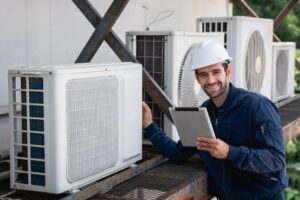Changing your air filter isn’t the most exciting task. But it makes a huge difference. A clean air filter keeps your HVAC system running smooth and your indoor air quality fresh. It also helps keep your energy bills in check. So, how often should you really change it? Most homeowners should check their filter every 1 to 3 months. But that timeline can shift depending on a few key things—like if you live near a dusty road, you’ve got multiple pets, or you run your heating and cooling system all day. A dirty filter can do more damage than you might think. Let’s discuss today how often you should change your air filter.
What Happens If You Wait Too Long?
When you don’t change the air filter regularly, things start to go downhill fast. Your heating and cooling system has to work harder to push air through the clogged mess. That extra strain can wear out fan motors, cut down the life of your HVAC system, and even mess with the airflow.
You might notice dust building up faster than usual or start sneezing more often. That’s because a blocked air stream can stir up dirt, mold spores, and other debris instead of trapping them. Bad news for anyone with allergies or respiratory issues.
Know the Type of Air Filter
Not all air filters are the same. You’ve got pleated filters, fiberglass filters, washable filters, and more. Each comes with its own timeline for replacement. The minimum efficiency reporting value (aka MERV ratings) can also clue you in.
Higher MERV ratings mean the air filter catches more particles—but they also get clogged faster. If you’re using a high-MERV new filter, you might need to swap it out more often than a basic one because it’s all about balance.
Check your owner’s manual for further guidance. It generally includes the best type of air filter and how often you should replace it. If that information is long gone, you can look at the old filter for a size and model number. If you are unsure, consulting HVAC experts is the best course of action.
Factors That Impact Filter Lifespan
Here are some factors that directly impact the life of your air filter. Let’s talk about them one by one for better understanding.
Pets
Do you have a fluffy cat or a shedding dog? You’ll want to change your air filter more frequently. Pet dander clogs things up really quickly, especially if you have multiple pets in your home.
Smoking Indoors
If someone smokes inside, you’ll definitely need a new air filter more often. Tobacco smoke throws tons of particles into the air and makes it unclean.
Size of your Home
Smaller homes usually push more air through a smaller air filter. Bigger homes might have more air filters, but they’ll still need attention.
How Often You Run the HVAC
If your HVAC system runs all day, it’s moving a lot of air—and trapping a lot of stuff. That shortens the time between filter swaps.
Allergies or Asthma
Individuals with breathing issues require exceptional indoor air quality. That means more frequent air filter changes to catch even the smallest particles.
What About Vacation Homes?
If the place is empty most of the time of the year, the air filter will last longer. Still, it’s wise to check it before you leave and again when you return.
How to Change Your Air Filter
Most air filters are super easy to replace. Pop open the vent, slide out the old air filter, and slide in the new filter. Just make sure it’s facing the right way—there’s generally an arrow showing the air stream direction. It takes just a few seconds, and you’re done. If you’re unsure how to do it, consider calling a professional, and they will replace it for you.
Signs It’s Time for a New Air Filter
- Dust buildup on vents
- More symptoms of allergy and other respiratory issues
- smells when the HVAC system kicks on
- An air filter that looks gray, thick, or matted
- Higher energy bills
You don’t have to wait for all those signs to show up. Regular checks from professional hvac contractors—monthly, at least—keep you ahead of problems.
MERV Ratings: What Do They Mean?
MERV stands for “Minimum Efficiency Reporting Value.” It’s a scale that shows how well an air filter traps particles.
- 1-4: Basic and cheap, blocks only large stuff like carpet fibers
- 5-8: Standard for most homes, catches, mold spores, pollen, and dust mites
- 9-12: Better for homes with pets or allergy-prone members
- 13+: Hospital-grade, but can reduce airflow in some heating and cooling systems
Most homeowners go for something in the 8 to 11 range. It balances the quality of air and the efficiency of the system.
Extra Tips for Cleaner Air
- Keep windows closed during high pollen days
- Get your HVAC system checked at least once a year by professionals
- Dust and vacuum weekly
- Don’t block vents with furniture
These little habits go a long way toward better air and a longer-lasting filter.
Should You Upgrade Your Filter Type?
Maybe. If your current air filter isn’t cutting it, switching to a pleated filter or one with a higher MERV rating makes a big difference. Just be sure your HVAC system can handle the resistance of airflow.
Some homeowners even upgrade to electronic air cleaners. These are reusable filters that use static electricity to grab tiny particles. They cost more but can be washed and reused. So, if you have the budget, you should definitely get one for your home; it is an investment.
Set a Reminder
It’s easy to forget about your air filter until there’s a problem. Set a calendar reminder every month to check it or have it regularly maintained by your local HVAC experts. Even if it doesn’t need replacing yet, you’ll catch it before things get bad. Smart thermostats and some newer heating and cooling systems even track air filter life for you. If you’ve got one, let it do the work.
Final Thoughts
So, how often do I change the air filter? The answer depends on your home and your lifestyle. But checking it every month and changing it every 1 to 3 months is a solid rule of thumb. Don’t let a dirty filter mess with your system’s efficiency. A fresh air filter costs a few dollars and takes just minutes to swap out—but it makes a huge difference in the long run.
Call Green Street HVAC: Keep Your Air Filter In Top Shape
When asking how often I change the air filter, don’t just guess. Green Street HVAC helps you stay ahead of maintenance so your HVAC system runs perfectly year-round. Duct cleaning, dryer vent cleaning services, smart home products, or thermostat repair and installation? Call us.
We also offer Aeroseal ductwork sealing and HVAC maintenance, AC installation, and more. Regular filter changes combined with professional care can boost performance and cut down on future repairs.
Call Green Street HVAC today and breathe easier tomorrow.




